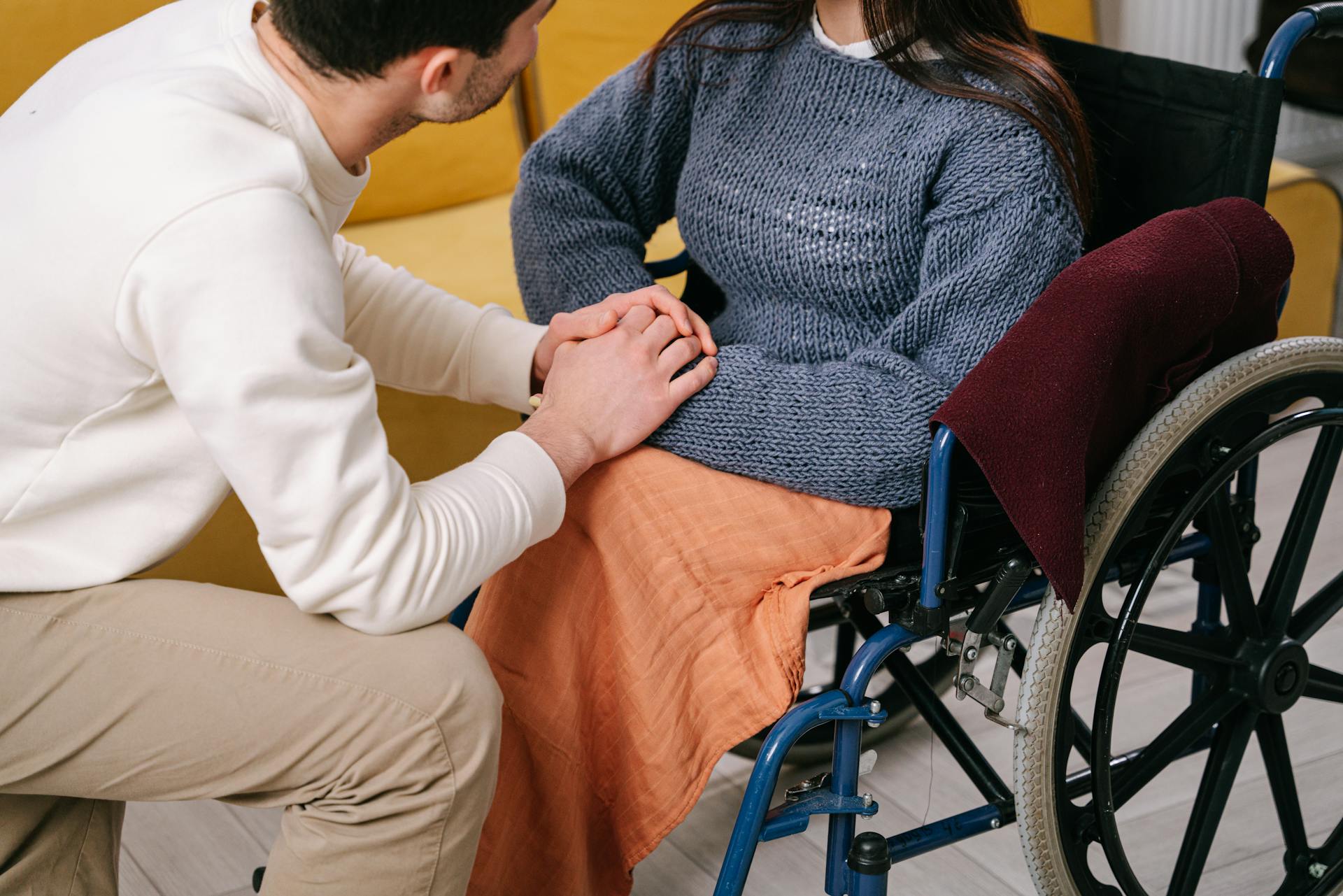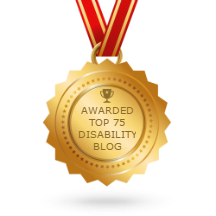Navigating the world of home care for someone with long-term immobility can be overwhelming for new caregivers. Understanding the specific needs of your loved one will help you find the most helpful resources—whether that's practical guides, supportive communities, or government-backed programs.

When navigating new caregiver responsibilities, it is important to always consult your doctor for guidance to manage the person’s symptoms responsibly. It is better to avoid rising medical costs by reducing the potential for pressure injures (bed sores) and other complications to occur.
Remember, caring for someone else means caring for yourself, too. Building a support network for both the care recipient and the caregiver is essential to providing the best quality of life.
In this roundup, we share helpful government resources, guides and communities to help new caregivers on their journey.
Resources For Canadian Caregivers
Government Resources
Government of Canada – Benefits Finder (https://www.canada.ca/en/services/benefits/finder.html): This tool helps you discover potential federal, provincial, and territorial benefits and support programs that may be available to both caregivers and their loved ones with limited mobility.
Canada Caregiver Credit (https://www.canada.ca/en/revenue-agency/services/tax/individuals/topics/about-your-tax-return/tax-return/completing-a-tax-return/deductions-credits-expenses/canada-caregiver-amount.html): Offers financial support to eligible caregivers.
Provincial/Territorial Home Care Programs: Many provinces and territories have programs to support care at home. Search terms like "[Province/Territory] + home care" to find the specific services in your area.
Support & Resources
Canadian Caregiver Coalition (https://carerscanada.ca/): Supports caregivers through advocacy, education, and resources specific to the Canadian context.
Alzheimer Society of Canada (https://alzheimer.ca/en): Provides education and support for caregivers even if dementia isn't the primary cause of immobility. Their focus on behavioral changes and practical care tips is relevant to many conditions.
Guides & Materials
Caregiving Matters (https://caregivingmatters.ca/): A resource hub with articles and practical guides specific to caregiving in Canada.
Government of Canada - Caregiving for Seniors ( https://www2.gov.bc.ca/gov/content/family-social-supports/seniors/caring-for-seniors ): Offers information about the challenges of caregiving and available supports.
Resources for USA Caregivers
Government Resources
National Institute on Aging (NIA) - Aging in Place (https://www.nia.nih.gov/health/aging-place/aging-place-growing-older-home): Provides resources on how to modify the home environment to support older adults as well as information on financial support programs that help those who choose to age in place.
The Eldercare Locator (https://eldercare.acl.gov/): A service of the U.S. Administration on Aging, this helps connect caregivers to services for older adults. Information may include adult day care, transportation, meals, housing options, and more.
Medicare.gov (https://www.medicare.gov/): While Medicare doesn't cover long-term care, it offers details on what Medicare does cover, including finding providers of home health services and skilled nursing care. Helps caregivers understand what medical services might be available to them.
Support Groups & Caregiver Resources
Family Caregiver Alliance (https://www.caregiver.org/): Offers support and resources such as educational materials, online communities, and guidance on navigating care systems. They focus on supporting family caregivers.
AARP Caregiving Resource Center (https://www.aarp.org/caregiving/): AARP provides articles, tools, and a dedicated resource center to help family caregivers navigate the practical and emotional aspects of care.
Guides & Informational Materials
Caregiver's Guide to Understanding Dementia Behaviors (From the Alzheimer's Association): (https://www.caregiver.org/resource/caregivers-guide-understanding-dementia-behaviors/): Even if dementia isn't the cause of immobility, this guide is invaluable for learning strategies to cope with potential behavioral changes that accompany long-term care.
National Institute on Aging – Exercise & Physical Activity (https://www.nia.nih.gov/health/exercise-physical-activity): A comprehensive resource on the importance of exercise and how to safely incorporate it into the lives of seniors and those with limited mobility.
Important Considerations
Focus on the care recipient: The type of resources that will be most helpful depends on the specific needs and medical conditions of the person receiving care. Explore condition-specific organizations if applicable (like the Alzheimer's Association as mentioned above).
Don't neglect the caretaker: Caregiving is demanding. Remind caretakers to find support for themselves through respite care options, support groups, or online resources. Self-care is crucial to providing great long-term care.
Remember, caregiving is a journey, not a sprint. As your loved one's needs change, the resources you utilize may adapt as well. Don't hesitate to revisit the options available to you—whether that means exploring new government programs, joining additional support groups, or incorporating assistive technologies to ease the burden of daily care.
-
Products like the Freedom Bed, specifically designed for individuals with limited mobility, illustrate how medical technology can revolutionize the caregiving experience and significantly improve quality of life for both the care recipient and the caregiver.

